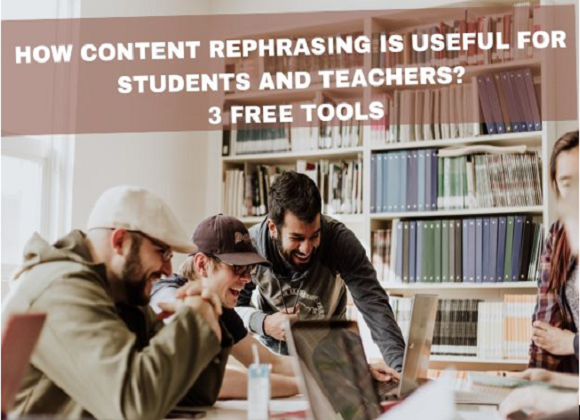Courses
Grow skills with quality courses
If we ask about the purpose of a school, it is basically to prepare the child for a life outside the classroom. For this, what is important is to help children learn from their experiences and observations to become more self-aware and attain specialized skills. This is also called an experiential learning method, which has been propounded in the New Education Policy- 2020. But we first need to understand what exactly is ‘Learning outside the Classroom’.
In common parlance, it is the ideal use of places, other than the schools, where the students are taught and they learn by looking at new things. Here, new experiences are provided to the children by throwing challenges at them or giving them cases that require them to carefully observe the place around them. These places could be a specific location like a garden or a market, or activity areas, workshops places, labs, gaming areas, etc. The purpose is to take the students outside the classroom zone and enhance their experiential learning skills. This will enhance their skill of connecting real-life examples to the concepts being taught in the class. This can help encourage the students to improve their teamwork skills or communication and collaboration skills etc. It works on improving the overall personality of the students along with enhancing his/her scientific temper.
What can be the advantages of learning outside the classroom? It helps in enhancing the learning skills among the students along with working on their critical thinking skills, decision-making abilities, etc. It helps in increasing their self-esteem and confidence along with engaging them more in the education system. It helps children perform better along with improving their behaviour among their peers and also engage them in the education setup which is a little hard in the conventional teaching-learning method. This helps in enhancing their overall physical, mental and socio-emotional well-being. Teachers themselves are showing interest in teaching outside the conventional classroom structure, in order to connect the students with more real-life situations.
Doing a cost-benefit analysis, it is seen that there can be certain costs involved when deciding to organize a trip or an excursion, or any other form of learning outside the classroom. It could be in form of transportation, accommodation, workshop /garden /zoo fees, etc. along with taking permission from the parents and ensuring that the students are safe. The benefit would be that the students will be able to understand the concepts or the topic in a better way and will also be able to connect the dots. Along with that, the behavioural issues among students can be reduced along with increased curiosity being developed among the students to learn more. They may become more accepting of the diversity and differences present among themselves and can start respecting those. Thus, along with helping the students understand the concepts, this form of learning can impact the overall well-being of the students.
About the author
Comments
Recommended by Gurushala

Technology & Innovation
-By Valentina MilanovaHow Content Rephrasing is Useful for Students and Teachers? 3 Free Tools

Stories of Indian Classrooms
-By GurushalaOn the course of continuous learning- An inspiring teacher story from Pune
Related Articles
